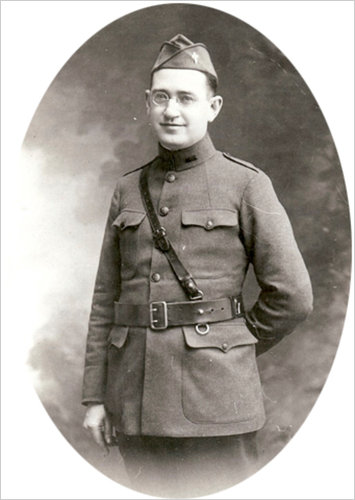Though the advice in this piece is aimed primarily at Protestant preachers, some of the ideas have applications for the rest of us, too:
In churches of any denomination, pastors serve and shepherd the people. Preaching is only one aspect of the work, but it is a very important one. Pastors can improve their preaching techniques by being thoroughly prepared. A pastor who waits until 10 P.M. on Saturday night to write out or outline a sermon is not preparing adequately. One who makes no notes and gives no thought to the sermon, relying instead upon the Holy Spirit to guide them in their preaching, is taking a chance on how the message will resonate with the people. Some who do this get good results and feedback, while others are not able to carry this off so well. On the other hand, pastors who begin early in the week to prepare for weekend services or Masses by outlining what will be preached, are a step ahead of the game. Between prayer and their own gifts and talents for preaching, these pastors will be known as well-prepared to the congregations, and parishioners will appreciate the sermon or homily much more when it is evident that it has been well thought-out.
Another area where pastors can improve their preaching is by keeping their sermon to subjects that people in this day and age can relate to. Taking passages from Scripture and showing how they relate to today’s culture and the challenges faced by society can be quite inspiring and can keep the interest of the people… even if the sermon takes a little longer. Most congregants are not there for a history lesson, so a pastor needs to keep this in mind if he or she tends to focus on Biblical history.
Other areas that deserve mention here include speaking clearly as opposed to mumbling, not going off on tangents that are unrelated to the sermon’s core message, keeping sexist content out of their sermons, keeping confidences instead of preaching about them, keeping the tone of voice up when infants cry or toddlers act out, refraining from being overtly political in their statements, and keeping the tendency to bash other denominations out of their preaching altogether.
Also, improvements can be made by keeping his or her own life out of the sermon most of the time. On a regular basis, hearing only about the pastor gets old. Most people do not come to church to hear all about the pastor’s childhood or teenage years. These subjects have little to do with scripture and everything to do with the pastor. When this happens, the pastor will have a hard time keeping his flock from visiting around at other churches. He or she will not gain a good reputation for preaching, and unless improvements are made, never will.
Check out the link for more.

